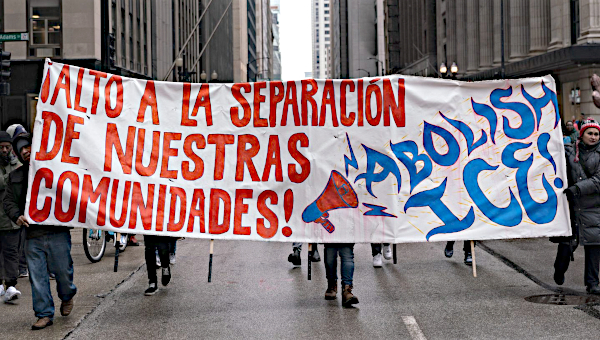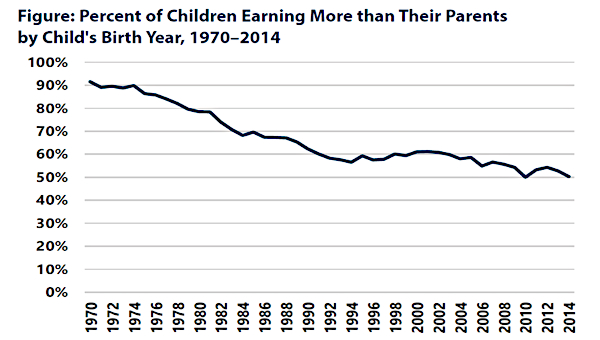Now that the latest standoff between the U.S. treasury and Congress is over, it may be helpful to put it in some historical perspective. Indeed, the outcome brings to mind the former treasury secretary Robert Rubin‘s understanding, when he faced a similar harrowing experience with Congress two decades ago, that the standoff was meant “to oppose us without stopping us.”

One of the things that drove J. Maynard Keynes to distraction during the Bretton Woods negotiations – since he could never be certain when this was being deployed as a bargaining ruse or when it reflected a genuine fear of Congress – was the repeated recourse by his U.S. counterparts to arguments based on what Congress would or would not accept. As volume three of Robert Skidelsky’s marvellous biography of the economist also tells us, Keynes was well aware that it was less treasury secretary Henry Morgenthau’s attempts to appease Congress than a fundamental asymmetry in financial power that ensured that the outcome of the negotiations “reflected the views of the American, not the British, treasury.” Yet even after The Star-Spangled Banner was played at the final banquet on 22 July, 1944, for the delegates from 44 countries, it was only the U.S. treasury’s very elaborate public relations campaigns at home, including a promise that most capital exports would eventually “take place freely,” which ensured that Congress overwhelmingly passed the Bretton Woods Agreements Act.
Flash forward 50 years. By the time Rubin became U.S. treasury secretary, he could not but see himself – as is clear from his memoirs – carrying the main burden of responsibility for superintending a fully liberalized and globalized capitalist financial system. And with the other G7 finance ministers acting as a sort of informal imperial cabinet, it was now obvious to all how wrong it had been to regard the breakdown in the fixed exchange rate system in 1971 as representing the downfall of the dollar and the decline of U.S. hegemony. On the contrary, the integration and securitization of financial markets, alongside the widespread removal of capital controls and derivative-based risk management increasingly resting on U.S. treasury bonds, had made the world ever more dependent on what the U.S. treasury did or did not do.
Taking Centre Stage
But this only made the question of what Congress would or would not accept even more problematic. This was made all too clear in the baptism of fire Rubin went through as soon as he became treasury secretary at the beginning of 1995, as he attempted to cope with a banking crisis in Mexico (until then the poster child of financial and trade liberalization) that threatened to engulf not only Wall Street but the world’s inter-bank payment system. Dealing with what Newt Gingrich as well as the then IMF director Michel Camdessus called “the first crisis of the 21st century” required so large and rapid a bailout as to ensure that the treasury itself rather than the IMF had to take centre stage. Yet despite the treasury quickly mobilizing behind its historically unprecedented $40-billion rescue plan, as well as three former presidents and 17 former secretaries of the departments of state, commerce and the treasury, and also leading state governors such as George W. Bush of Texas, Congress balked.
Notably it was then the Democrats in the House of Representatives who were the main problem, with less than a quarter of them prepared to indicate they would vote for the plan. Although the common maxim inside the treasury was that of Congress “cutting off the water to the fire department when the city is burning down,” Rubin recognized, as he later put it in his memoirs, that “many members of Congress probably meant to oppose us without actually stopping us.” This indeed proved to be the case, as it would again more recently with congressional opposition to the treasury’s $700-billion Tarp (Troubled Asset Relief Programme) bailout to stem the 2008 financial collapse during the Bush administration, and with the debt-ceiling saga faced by the Obama administration in the summer of 2011.
However significant the current configuration of Tea Party hostility to the Obama administration, the continuing conflict between the treasury and Congress reflects a more enduring problem, namely the internal contradiction the American state faces in acting as both the state of U.S. society and the “indispensable” state of global capitalism. How much more straightforward it was for the Westminster parliament in the old British empire to play its part in sharing the imperial burden. Yet what is remarkable in the face of the repeated and even heightened frisson that attends each saga of congressional imperial denial is the continuing centrality of the U.S. dollar and treasury bonds in the global economy; the global determination of the U.S. treasury to play its appointed role in sustaining this; and the acceptance of it by the rest of the world. And this is itself indicative of how deep are the structural factors at play in sustaining the U.S. informal empire – for all of its apparent “dysfunctionality” – at the centre of today’s global capitalism. •
This article first appeared on the www.theguardian.com website.





